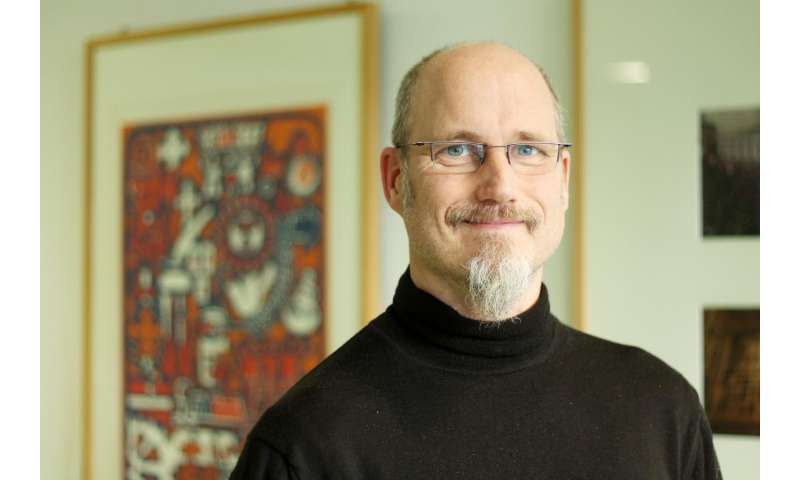New Merian Center not just on but also in Latin America

The Federal Ministry of Education and Research (BMBF) will be funding each Merian Centre for up to twelve years with up to 20 million Euros. This makes the new centre the most highly funded research project on Latin America currently being sponsored by Germany.
The new institute is called the 'Maria Sibylla Merian Centre for Advanced Latin American Studies in the Humanities and Social Sciences' (CALAS). It will be set up with funds from the BMBF's Maria Sybilla Merian Programme. By establishing the international research schools known as 'Maria Sibylla Merian Centres', the BMBF aims to promote the internationalization of the humanities, cultural studies, and social sciences in Germany through close bi- and multilateral cooperation projects located in other countries. Work on the first Merian Centre in Delhi (India) commenced in July 2015. A further Merian Centre will start in April at the Universidade de São Paulo (Brazil). Above that, another centre should be founded in a sub-Saharan African country.
For the Latin American centre CALAS, the main location in Guadalajara will be supplemented by regional centres in Argentina, Ecuador, and Costa Rica. The historian Professor Dr. Olaf Kaltmeier from Bielefeld University's Center for InterAmerican Studies (CIAS) is the Director of CALAS and the Speaker for the German university consortium: 'This project places Bielefeld University among the forerunners in both German and international research on the Americas.'
The main research approach at CALAS is to address social crises from four perspectives: 'socio-ecological transformation', 'social inequalities', 'violence and conflict resolution', and 'identity and region'. 'We want to learn from the world region of Latin America and find out how they master crises,' says Kaltmeier. Starting in 2019, changing groups of up to twenty Fellows (i.e. international guest scientists) should work in research groups and there should also be doctoral students in graduate programmes.
'A central goal of CALAS is to carry out research together with academics from Latin America - and not to carry it out over their heads,' says Kaltmeier. Latin America produces remarkable solutions to crises. 'In light of socio-ecological change, for example, the Latin American idea of "Buen Vivir", the good life, offers an excellent model. The concept draws on the values of the native cultures of the Andes,' says Kaltmeier. 'Another unconventional example deals with the resolution of conflicts. Several countries, and most recently Columbia, have developed the principle of the truth commission and applied it successfully to process the injustice of civil wars and dictatorships.'
Bielefeld University's Center for Interdisciplinary Research (ZiF) was also involved in the proposal to set up CALAS. 'ZiF is a strong inspiration for CALAS,' says Kaltmeier. Founded in 1968 as a 'nucleus' of Bielefeld University, it promotes outstanding interdisciplinary and innovative research projects. Professor Dr. Héctor Raúl Solis Gadea, Rector of the University of Guadalajara came to the ZiF in 2016 together with an architect. The designated Mexican directors of the Centre, Professor Dr. Sarah Corona and Professor Dr. Gerado Cham, both attended the ZiF as guest scientists.
'At CALAS, we are using and expanding the ZiF principle of temporary research groups,' says Kaltmeier. As at the ZiF, academics will be able to submit a proposal to CALAS for a research group to study a particular topic. If the proposal is accepted, then the Fellows of the group will spend one year living and working together at CALAS. They will invite other academics to conferences, produce joint publications, and disseminate their findings in lectures and discussions. 'The CALAS regional centres will also enable the Fellows to work in their archives and, for example, to survey people in the respective country,' says Kaltmeier.
Provided by Bielefeld University